Liberal Arts Education is a topic of concern of educational forums in the world. In the context of Vietnamese society – a society that used to professional education, the pursue of liberal arts education philosophy will be a challenge to any university.
In the workshop on Vietnam and the Liberal Arts: Education Going Forward which took place on October 16, 2017, Prof. Furuta Motoo, Rector of Vietnam Japan University (Vietnam National University, Hanoi (VNU) delivered a speech on the need of liberal arts education for the present era and pointed out the orientation for development of liberal arts education in Vietnam Japan University. Below is his full speech at the workshop.
First of all, I would like to present the context which generates community’s attention to liberal arts education.
At present, Vietnam and the world are going through great social changes. The quickly changing society contains aspects that make us feel our basic knowledge becomes useless, similar to the case of sailing in the wideopen sea without a compass”. We can only overcome such situation if we are equipped withis a great vision. I think this is the most basic element that encourages more people to pay attention to liberal arts education than before.
Human is making outstanding progresses in science and technology. In the past, science and technology develop with specialization and sectoralization. This trend, on the one hand, extends the professional training time. At present, higher education no longer meets the demand of professional training, particularly in science. Postgraduate education is undertaking this task indeed. Undergraduate education nowadays pays more attention to providing the students with basic knowledge and a broad vision, which are the aspects of liberal arts education.
On the other hand, the trend of specialization strengthens the importance of inter-disciplinary and multi-disciplinary skills. Interdisciplinary and multidisciplinary skills development requires strong fundamental knowledge broad application.
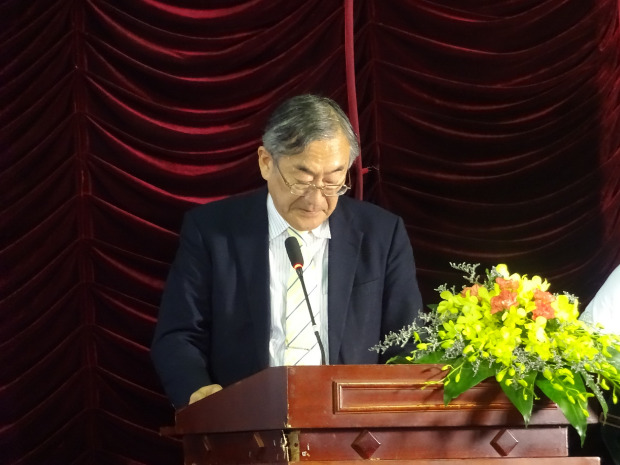
Photo: Photos of the workshop on Vietnam and the Liberal Arts: Education Going Forward
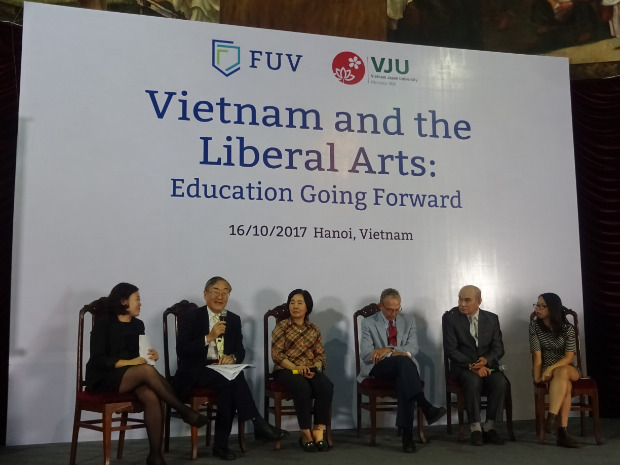
In a world of huge changes including population boom, the increasing demand for sustainable development, Industry revolution4.0, Artificial Intelligence and globalization, education systems in many countries are paying more and more attention to the new model which focuses on the training of skills and capacity to apply knowledge into practice rather than to knowledge itself. In other words, this model appreciates the ability to adapt to major changes of the society and to foster “the overall human capacity” such as the ability to control artificial intelligence technology, good communication, work in diversified and multicultural environment and lead with high morality and reasoning.
This is also the reason that stimulates people to pay more attention to liberal arts education.
In this second part, I would like to give a brief on liberal arts education in higher education of Japan. After the World War II, Japanese universities mainstreamed liberal arts education philosophy in their curriculum programme upon their realization that their education system before the war focused too much on professional education and produced narrow-minded leaders.
Various public universities in Japan then applied the four-year education model, of which the first two years were for general knowledge and the remaining two years were for professional knowledge. However, such liberal arts education systems showed its shortfalls in 1990s. Firstly, Japanese Ministry of Education promulgated compulsory rules on the trainings of basic humanity, sociological and science studies at the universities Following those strict rules, all universities were banned from creating new subjects to meet the need of their students. Secondly, the names of those compulsory studies were similar to subjects in high schools which caused boredom to students. Thirdly, lecturers teaching these studies were considered as “class B lecturers” with no encouragement system to improve their ability. It was the early 1990s when the Japanese Ministry of Education repealed their strict rules, most of universities had had their general studies dissolved, except the University of Tokyo. This led to the misunderstanding of foreign people that liberal arts education system in Japan failed.
Only the University of Tokyo managed to maintain their Liberal Arts College then. The University of Tokyo had pointed out the importance of the basic philosophy of liberal arts education which prepared the students with good basic knowledge and wide vision. It is even more critical for universities like the University of Tokyo who are training future leaders in social fields. With such a cognition, University of Tokyo has carried out enormous innovation in reforming the contents of liberal arts education, developing suitable optional subjects which meets the social and scientific needs and attracts students. University of Tokyo also developed suitable mechanism that encourage post-graduate lecturers to deliver trainings on liberal arts subjects, hence removing the “class B lecturer” evaluation.
The year of 2004 marked a milestone for liberal arts education in Japanese universities Waseda University, a typical Japanese private university, decided to establish its School of International Liberal Studies. Aso in this year a new private school named Akita International University was established in Akita prefecture. Though the official English name of this new school does not include the phrase of “Liberal Arts”its name in Japanese”Akita Kyoyu Daigaku” is in fact Akita International Liberal Arts in English This university takes “International Liberal Arts” as their essential philosophy and states that “it is taking action to rehabilitate the liberal arts education system which Japanese eduction had once given up”. Since then, numbers of universities in Japan one by one established faculties or schools that apply liberal arts education philosophy. 2004 can be considered as the “revival” year of Japanese liberal arts education.
Globalization trend is the main reason that promotes the revival of liberal arts education at that time. In the globalization trend, universities are receiving more and more foreign students and have to make more efforts to develop the fullest talents of their students in a multi-cultural context. Liberal arts education plays a crucial role in training global citizens in meeting the global trends.
I was the Rector of Liberal Arts College under the University of Tokyo in 2001 -2003 period. Liberal Arts College of the University of Tokyo is proud that they have made significant contribution to the revival and development of liberal arts education in Japan. From 2004 to 2007, I worked as a Deputy Director in charge of training activities at the University of Tokyo. From 2004 until now, four out of six Deputy Directors in charge of training activities at University of Tokyo were the former Rectors of Liberal Arts College. This points out the important role of liberal arts education in the education and training of the University of Tokyo.
In the third part, I would like to mention the importance of liberal arts education at Vietnam Japan University (VJU). VJU is established with a mission of “Training international-quality human resources who would become leaders, experts and managers in Vietnam, Japan, East Asia and the world in order to meet the demands at present and in the future”. VJU considers liberal arts education as one of its basic educational philosophies aiming to generate new, unique and sustainable contributions to the developments of Vietnamese society as well as to the development of relationship between Vietnam and Japan.
Beside the general context mentioned in part one, there is another reason that lead to VJU’s evaluation of liberal arts education. It is the expectation of Japanese enterprises for their investment into Vietnam. A Government Advisory Council was established in Japan to promote the VJU establishment project .
A number of enterprise leaders are members of this council. The council prepared a suggestion paper on VJU establishment orientation and submitted to the Cabinet Office of Japan last August, which emphasized that: “In the current changing society, enterprises need “the highly qualified human resources with management competency”, i.e. communication skills, sense of initiative, and problem solving skills rather than human resources with specialized skills in single professional fields”. From that point of view, the suggestion paper pointed out: “The higher education should pay attention to the training of basic knowledge by applying liberal arts model”.
Previously, the main reason that encouraged Japanese companies to invest into Vietnam was the cheap human resources. Many companies now have stabilized their production and wish to hire highly qualified Vietnamese staff to help them with management responsibilities. Moreover, big Japanese enterprises plan to hire Vietnamese employees who are considered global talented people to work at their headquarters in Japan. These global human resources are expected to work in many parts of the world as the future CEOs of the companies. One of the important objectives of VJU is to meet such demands of Japanese enterprises. Mr. Koshimura Toshiaki, Senior Advisor of Tokyu Corporation of Japan and Chairman of VJU Project Promotion Advisory Council delivered a special lecture on “The VJU graduates expected by Japanese enterprises” at VJU last June. In his lecture, Mr. Koshimura emphasized that: “The success of your leadership, your career development as a CEO depends on your adaptability to the constant changes in the global, domestic and enterprise contexts. Liberal arts education will be the most powerful tool to raise your adaptability to enormous changes. “
Liberal arts educational has once applied in higher education system of Vietnam. Liberal Arts College was established as a pilot attempt when the Vietnam National University, Ha Noi was set up in mid-1990s. At that time, I persuaded the Rector of the Liberal Arts School of University of Tokyo University, to visit and exchange experience with the leader of the VNU Liberal Arts College. But this pilot did not last for long, and the College was dissolved. I think that the idea of developing Liberal Arts College is right; the issue lies in the organization works, e.g. in the mechanism to link this college with professional training institutions where the students had to take on additional exams, in the short staffing of the college, etc.
The tendency of professional training in Vietnam’s higher education institutions grew faster after the dissolution of the college Students focus on the quick acquiring of professional knowledge to gain advantage when applying for a job. Enterprises want to recruit specialized students for immediate work after recruitment. In such situation, it is not easy for universities which apply liberal arts education philosophy to attract students. However, this points to the need of establishing a university which accepts basically and comprehensively the liberal arts education philosophy.
VJU is studying to develop undergraduate training programs based on the model of the University of Tokyo. Below are the features of the University of Tokyo’s model. Firstly, it combines postgraduate research with undergraduate training. The Liberal Arts College and graduate schools are operating in parallel in the University of Tokyo, specifically the College of Arts and Sciences and Graduate School of Arts and Sciences. The faculty members of the Graduate School are in charge of delivering basic knowledge courses at the College. Secondly, all first- and second- year students of University of Tokyo study at the College. All students study the liberal arts education curriculum, but there is a difference in the number of credits, compulsory subjects, optional courses for social science and natural science students. University students choose their majors and specializations at the end of their third semester, or after 1.5 years of liberal arts education (late specialization model).
VJU also plans to combine postgraduate research with higher education training. Specifically, we plan to establish both the Liberal Arts College (namely the Undergraduate School of Arts and Sciences) and Graduate School (we are brainstorming to find a better name in Vietnamese for the Undergraduate School at this moment) and the Graduate School of Sustainability Science. The Undergraduate School of Arts and Sciences will focus on the two main training and research programs: Inter-disciplinary Social Sciences and Advanced Sustainability Sciences.
Despite the two training programs, the University applies the same principles as University of Tokyo. It means all students pursuing Inter-Disciplinary Social Sciences or Advanced Sustainability Sciences will study the same general education program in the first two years but with different number of credits, compulsory and optional subjects. After finishing the third semester, students will have the right to choose their major.
– Inter-Disciplinary Social Science students can choose one of thee following majors: Law and Policy; Economics and Management; Society and Culture; Japan Studies; Vietnam Studies, etc.
– Advanced Sustainability Science students can choose one of the following majors: Environmental Engineering; Infrastructural Engineering; Climate Change; Nano-technology, etc.
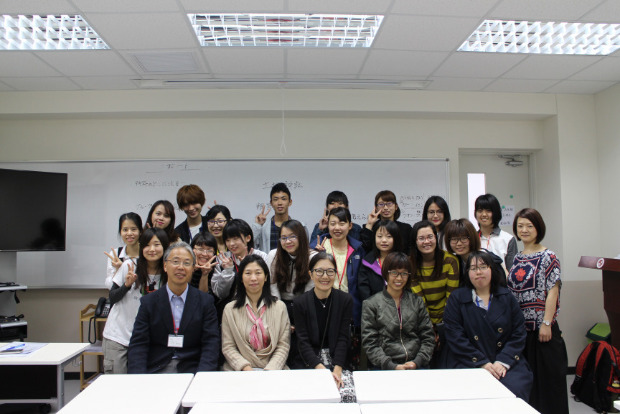
Photo: VJU students met with students of Ibaraki University, Japan.
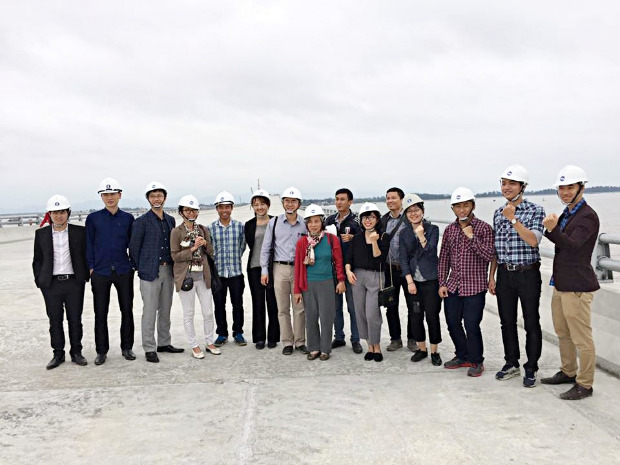
Photo: VJU Infrastructural Engineering students in the field visit in Hai Phong.
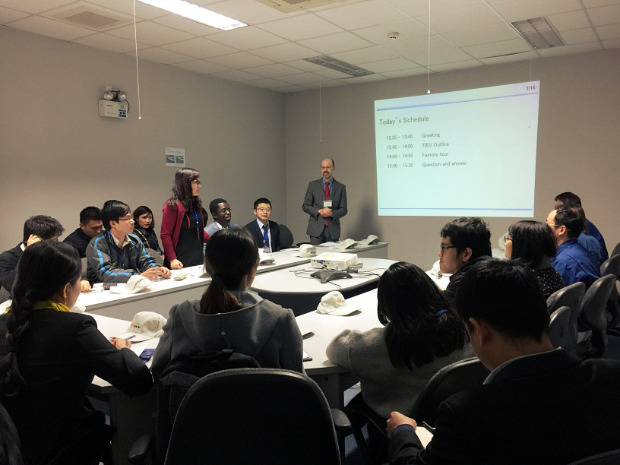
Photo: VJU Business Administration students in a study tour to Toyota Group.
VNU’s liberal arts training program focuses on equipping students with solid knowledge of basic sciences (including both natural sciences and social sciences), as well as knowledge of urgent matters which mankind is facing with in the 21st century, knowledge of Vietnamese and Japanese cultures, good Japanese and English skills, adaptation skills to significant changes, creativity and leadership skills through active learning, problem-based learning, and team-based learning, etc.
Although liberal arts education is the key of junior division training program, we do not think that a senior division training program and postgraduate training program are just about “professional education” without having liberal arts education. We believe that liberal arts education is important for experts who are equipped with specialist knowledge in a certain field. It is sometimes even more useful than for new students who have just enrolled in college. In the trend of “life-long learning”, there will be times that people want liberal arts education. This case is called “late generalization”. We desire to combine “late specialization” with “late generalization” to create the new liberal arts education model.
VNU offers six master programs including of Area Studies, Public Policy, Business Administration, Environmental Engineering, Nano-technology, Infrastructural Engineering, and a new program called Climate Change and Development is being developed. These programs are inter-disciplinary which embrace various fields of social and natural sciences. These programs are under the common umbrella of sustainable development and sustainability sciences.
Sustainable development is a core issue for human society in general, and for Vietnam or Japan in particular. Sustainability Sciences requires integration and connection of many fields in social and natural sciences for creating a sustainable society. This is also the science that provides the necessary vision to leaders of XXI century. VJU desires that our students will not only master in-depth knowledge but also sharing the wide vision of sustainability sciences. With that idea, VJU requires the students to complete two compulsory subjects of sustainability sciences in all master training programs. Currently VJU considers sustainability science training is postgraduate liberal education.

